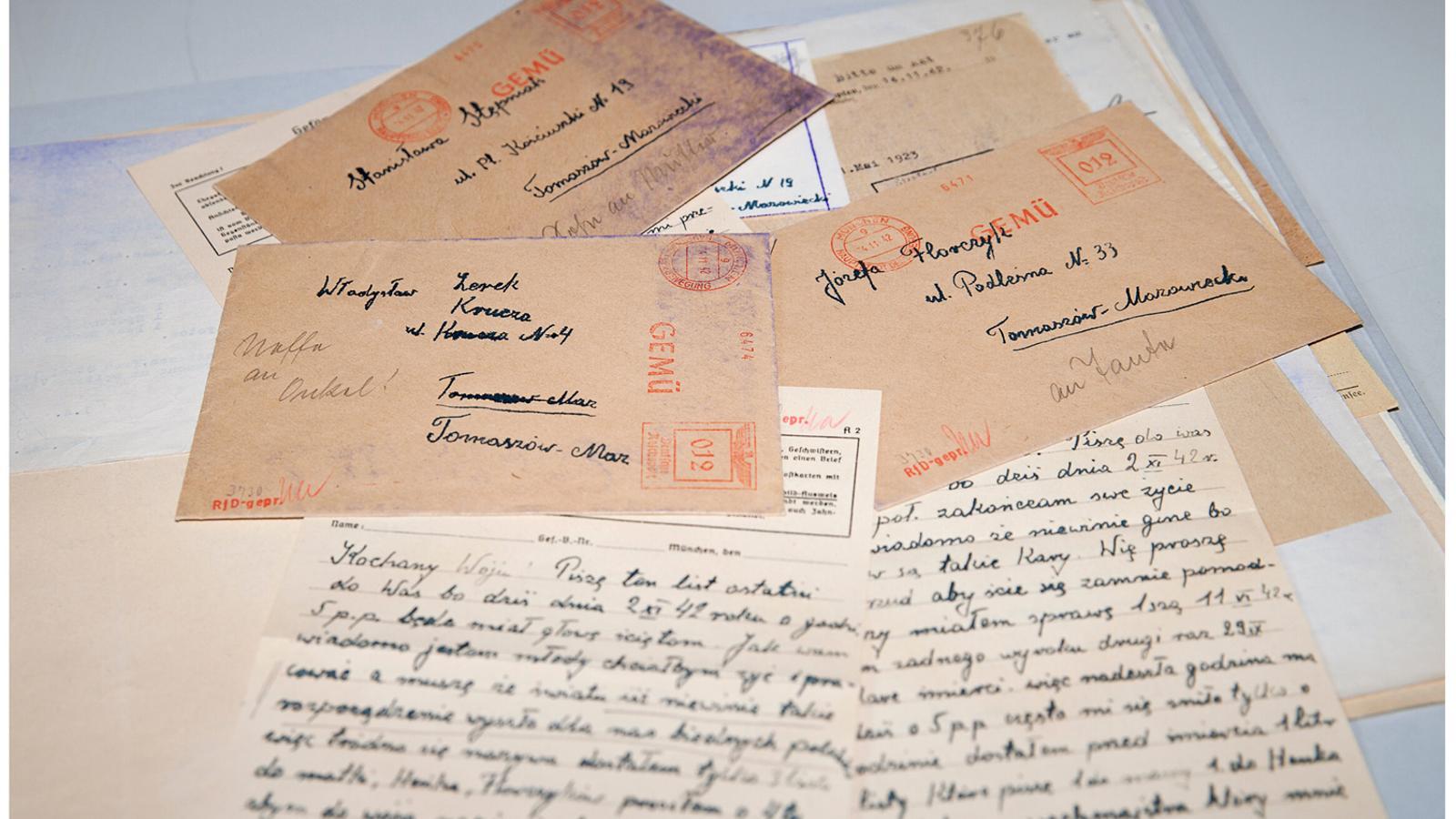Farewell letters from those executed by the Nazis that were never delivered to their families
The Arolsen Archives are looking for descendants of the victims so they can deliver the letters to them.

Barcelona"People sentenced to death used to take advantage of the last hours to say goodbye to their loved ones," says Floriane Azoulay, director of the Arolsen Archives"Our mandate today is to find the recipients of the letters and their families, to fulfill the last wishes of those unjustly condemned at Stadelheim [the large public prison in Munich, where the Nazis executed a thousand people] and to redress this historical wrong. This can be of enormous significance for the families," he adds.
Between 1933 and 1945, the German judiciary was a tool in the service of the Nazi regime. The number of crimes punishable by death rose from 3 to 46 during this period. The "jurisprudence" issued by the special courts was politically motivated and aimed at maintaining power, eliminating opponents, and intimidating the population. Most of the men and women executed at Stadelheim, whose farewell letters have survived, came from Germany. Victims also came from Poland, France, Czechoslovakia, and other European countries. Their ages ranged from 20 to 81. The charges included "contempt for Germanness" and "expression of opinions contrary to National Socialism." Others were persecuted for their faith or political commitment. Some were guillotined for simple theft.
The testimony of those condemned
Maria Ehrlich was 81 years old when she was executed on February 10, 1944. She was convicted of "subversion" and for criticizing Germany's entry into the war in 1939. In the letter, she bids farewell to her only daughter: "In three hours, I will be dead. I am grateful for the life I have lived. I believe my death will help my homeland and my city. I have helped so many people, and God is my witness." Nikolaus Segota was guillotined while robbing a hotel. In the letter, he tells his girlfriend, who was expecting his child, not to shed too many tears: "My path is about to end. I will no longer be able to dream. My existence will end tomorrow at five in the afternoon. Come and get my things, my clothes. Everything is yours." Frenchman Victor Douillet's only crime was trading rabbits and chickens on the black market. Douillet did not address his final letter to any family members, but instead used his farewell to call for resistance: "In your country [meaning Germany], people are executed for stealing. However, the Gaullist army will win and avenge us. You can send this letter to Hitler and tell him we'll shit on it."
The Munich Archives and the Arolsen Archives have signed an agreement to attempt to make letters held in the archives, which were withheld by the prison administration or authorities at the time, available to family members. "These farewell letters are not only relevant historical documents about Nazi injustice, but also personal witnesses for the descendants of those executed. The State Archives in Munich have systematically reviewed and digitized these files and identified the farewell letters to reflect their importance," they state in a press release. These archives house one of the most important collections related to Nazi repression: 55 million documents and objects, and information on more than 17 million people.
